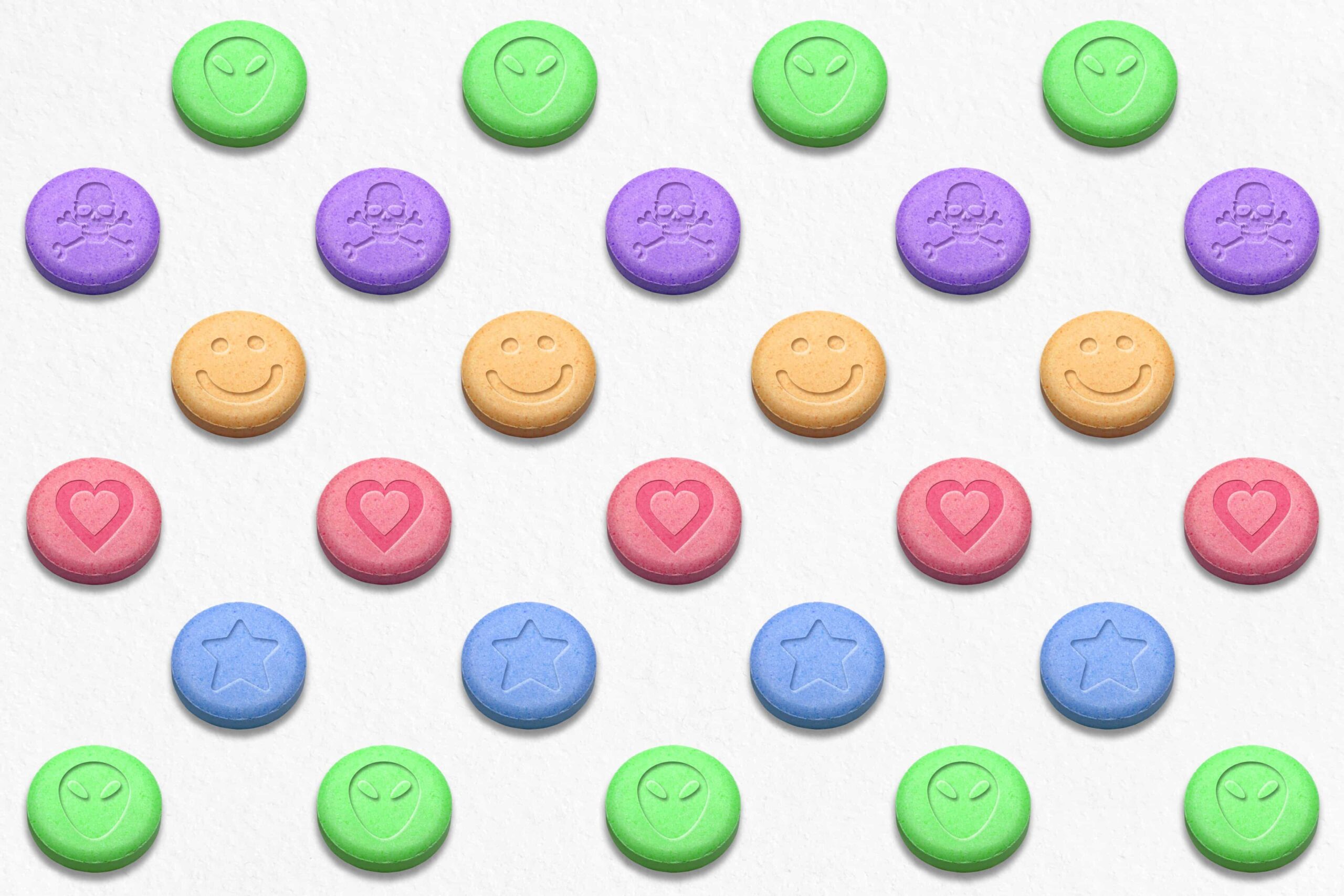
Researchers lead first pilot study of MDMA treatment for new mothers
A study started in the spring on MDMA treatment for new mothers is being led by Dr. Larry Leeman, medical director of the University of New Mexico’s Milagro program.
Leeman “treated expectant mothers with opioid use disorder” and “was dismayed to see many of his patients eventually return to opioid use due to untreated post-traumatic stress disorder (PTSD),” according to a university press release about the study.
“Now, Leeman and his colleagues are launching a first-of-its-kind pilot study to determine whether trauma-focused therapy coupled with doses of MDMA — known to participants during crushes as Ecstasy or Molly — can permanently help new mothers overcome drug addiction,” the press release says .
In an interview this week with local news station KOB, Leeman said New Mexico is “one of the epicenters of the opioid epidemic.”
A 2019 New Mexico Department of Health study found that nearly two-thirds of the state’s residents know someone who is or has been addicted to opioids. According to the agency, New Mexico was the “first state to approve naloxone for lay use and has a statewide standing order for law enforcement and pharmacists to dispense naloxone without a prescription.”
“We know that our communities here often have collective intergenerational trauma, and most of the research on psychedelic-assisted therapy has been done at Johns Hopkins, it’s happening at Yale, it’s happening in different places. “This is the first study and it’s taking place here in New Mexico,” Leeman told the station.
The study, approved by the Food and Drug Administration, “will enroll 15 individuals diagnosed with moderate to severe post-traumatic stress disorder six to 12 months after birth,” the university said.
Participants in the study “will receive 12 weeks of intensive therapy and three medication sessions.”
“The project, funded by private donations, will examine whether MDMA-assisted therapy can help mothers overcome addiction and improve bonds with their infants,” the university said earlier this year. “Leeman’s team is working with the Multidisciplinary Association for Psychedelic Studies, which is supplying the MDMA used in the pilot. He noted that when MDMA is purchased on the street, it is often dangerously adulterated with other drugs such as methamphetamine.”
In his interview with KOB this week, Leeman explained that MDMA is a “psychedelic type of drug that differs from classic psychedelics like psilocybin in that it really focuses on opening people up to processing their trauma.”
“Our hope with MDMA-assisted therapy is to treat this trauma, reduce the likelihood of opioid use again, and help the mother, baby and family prepare for a life that is truly what everyone “People who use opioids want to use them, but they don’t, and be able to be there for their babies and be there for them fully,” Leeman told the station.
The press release announcing the study earlier this year states: “MDMA has complex effects, including some that are similar to classic psychedelics, such as psilocybin, which suppresses the brain’s default network and can interrupt trauma-induced rumination,” and that “ MDMA temporarily increases the production of oxytocin, a hormone that promotes feelings of connection.”
“Addiction has been described as the opposite of ‘connection,'” Leeman said at the time. “Another proposed mechanism of psychedelic-assisted addiction therapies is that they strengthen participants’ connections to themselves, including emotions, values and meaning in life, connection to others – family and community – and connection to the world and the universe, including connection to nature .” and the feeling that everything is connected.”
“MDMA-assisted therapy takes away their fear for a short period of time,” Leeman added. “During this time, they have the ability to process the trauma that led to their PTSD that they were never able to process. It’s a kind of new beginning to help people heal in a way that improves their ability to bond with their baby.”
Academic research into psychedelic therapies continues to flourish, and local and state governments across the country are increasingly signaling openness to what was once taboo.
A recent study by researchers at the NYU Langone Center for Psychedelic Medicine in New York found that MDMA could be an effective treatment for various mental illnesses and that it could also provide benefits when used with other psychedelics.
Compared to psilocybin/LSD alone, concurrent use of psilocybin/LSD with a self-reported low (but not medium-high) dose of MDMA was associated with significantly fewer overall intense challenging experiences, sadness and anxiety, as well as increased self-confidence-compassion, Love and gratitude,” the researchers wrote.

Post a comment: